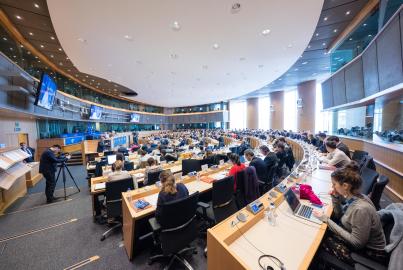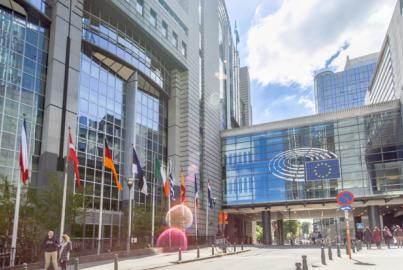Maria da Graça Carvalho stresses the importance of women as "agents of change" in the energy transition
Other related content
Read more
Diretiva europeia "Women on Boards" aprovada
07.06.2022
Read more
Read more
Read more
Read more
Read more
6 / 50







